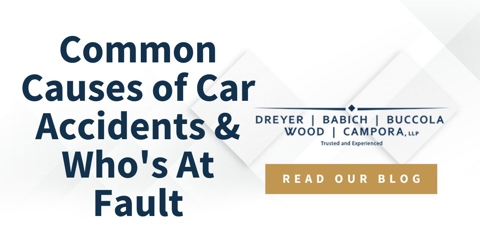When operating a vehicle of any sort, drivers should be in peak physical and mental form. This means no distractions or any potential interferences in one’s ability to fully concentrate, and no physical problems that could distract from the task at hand.
Of course, this also means that drowsiness serves as a potential problem for drivers and anyone else they share the road with.
The stigma of drowsy driving
The Sleep Foundation looks into crash statistics and how drowsiness might impact them. Drowsiness could potentially increase the rate of crashes for several reasons. First, drowsiness does not have the same stigma that other forms of distracted driving – such as texting while driving – may have. It does not carry as much weight as intoxicated driving, either. This means more people feel comfortable engaging in this dangerous behavior, which can increase the chance of a crash through sheer number alone.
Drowsiness vs. intoxication
Despite this, drowsiness actually has a similar impact as intoxication. Drowsy drivers will struggle to concentrate, experience slowed reaction times, and have trouble identifying potential dangers before they formalize into actual threats.
Drowsy drivers may also fall asleep at the wheel, which renders them entirely incapable of reacting to any of their surroundings. This is particularly dangerous on the freeway, where traveling just three seconds is enough time to span the distance of a football field. Unsurprisingly, this can lead to crashes that result in major damage, serious injury, and even death.
Drowsiness will continue to impact and increase crash statistics as long as it persists. Thus, unless campaigns begin targeting drowsy driving, the risk will continue to exist.


